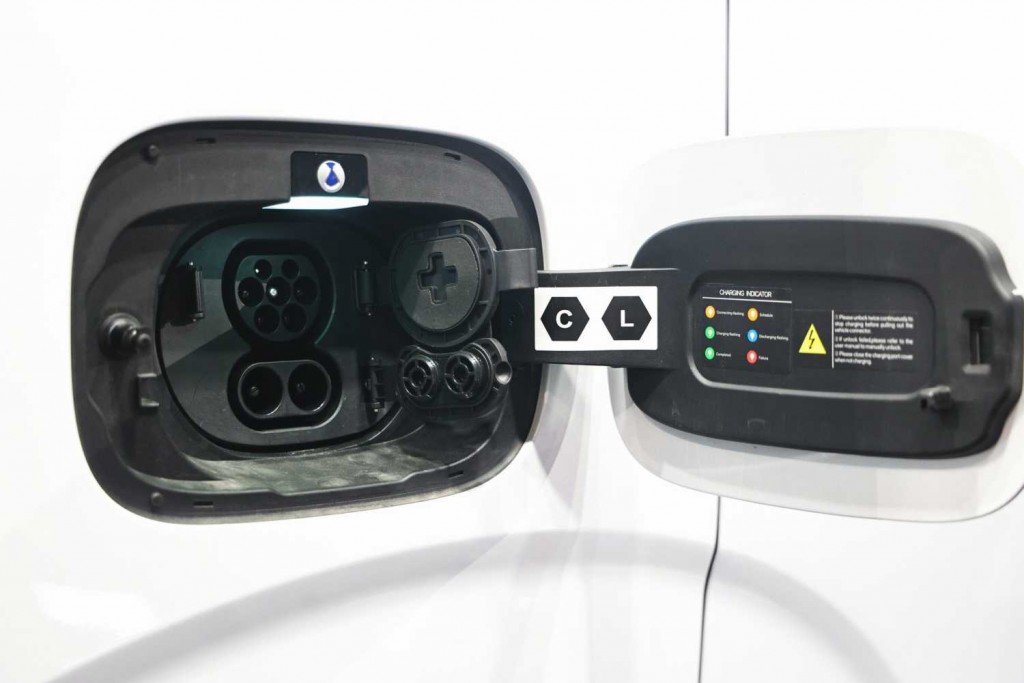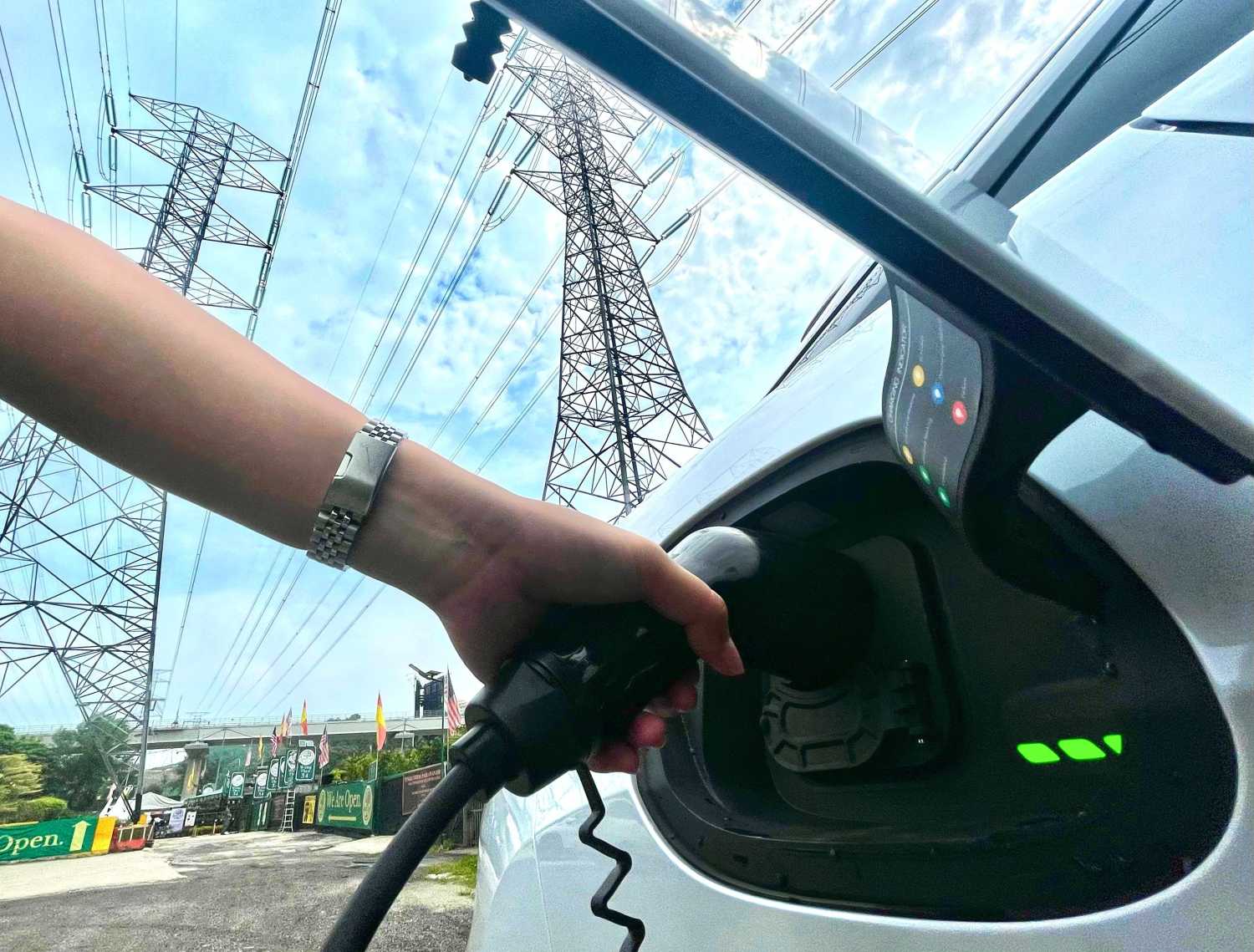STUTTGART (Germany): Worldwide, the number of electric vehicles increased by around a third last year, a boom largely boosted by Chinese brands and not the struggling industry pioneer Tesla, according to new research.
Globally EVs now number some 55.8 million, with China and its 31.4 million vehicles accounting for more than 50% of the total, calculations from a German energy research group showed.
The steady rise comes even as Tesla's sales in Europe decline sharply, falling 27.9% year-over-year in May, even as demand for fully electric vehicles across the region rose by 27.2%, marking the brand's fifth consecutive monthly decline.
The global figures, complied by the Centre for Solar Energy and Hydrogen Research Baden-Württemberg (ZSW), include fully electric vehicles, plug-in hybrids or electric cars with range extenders.
China, US, Germany
In second place - with a significant gap from China's top spot - the United States follows with 6.4 million vehicles.
Germany ranks third with 2.6 million. The United Kingdom and France each have around 2.1 million, while Norway has just over 1 million.
Looking at fleet growth, which also accounts for vehicle attrition, presents an interesting but challenging picture.
After years of strong increases, a decline has been observed: in 2024, the fleet grew by 13.8 million vehicles, compared to 14.2 million in 2023.
This is surprising, as new registrations continued to rise significantly. There is now a gap of 3.7 million vehicles between new registrations and fleet growth, primarily attributed to China.
In previous years, this gap was only a few hundred thousand vehicles.
"We were initially surprised by the figures from China," said Andreas Püttner from ZSW.
He suspects that a combination of several factors explains the significant difference between new registrations and fleet growth in China.
For one, there is now an increasing stock of older vehicles, particularly in China, leading to more vehicles being scrapped or decommissioned.
This is also driven by a rapidly growing variety of models with ever-improving digital technology and range, as well as a strong customer desire for the latest models.

When it comeos to car manufacturers, China's BYD has extended its lead.
The brand now has cumulative registration figures of 10.6 million vehicles over the years, far ahead of the next competitors Tesla with 7.3 million and Volkswagen with 4.3 million.
Last year, six out of 10 carmakers in worldwide new registrations were Chinese, the ZSW said.
In March of this year, BYD announced a fast charging system for electric vehicles that can replenish a battery in about the time it takes to fill up a fuel tank with petrol.
The announcement adds to the pressure on Tesla from China, and BYD has already pledged to overtake the US brand this year as the world's largest manufacturer of electric cars.
The so-called "Super e-Platform" offers a peak charge of one megawatt or enough to juice up an electric car battery within five to eight minutes and provide a range of up to 470km, company founder Wang Chuanfu said.
BYD's stellar charging speed comes from halving the internal resistance in the batteries, which normally slows down the rate of replenishment.
By comparison, Tesla’s Superchargers take 15 minutes to charge and provide a range of 480km, while the new CLA from Mercedes can manage a range of 325km after 10 minutes of charging.












